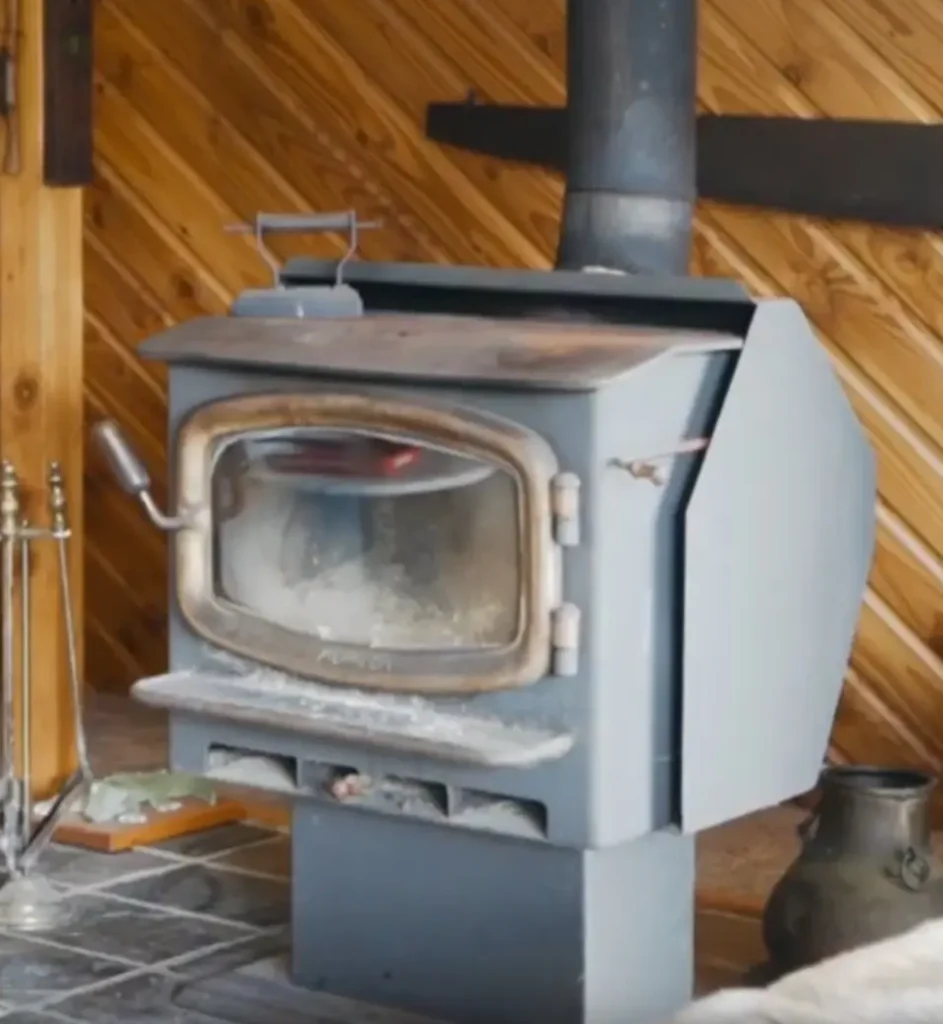
Why You Should Remove a Woodburner from Your Home
Woodburners have long been a popular choice for homeowners looking to add warmth and ambiance to their living spaces. However, as concerns about climate change and air quality rise, more people are questioning whether woodburners are worth keeping. Removing a woodburner can be a smart decision for the environment, your health, and even your home’s overall comfort.
1. Environmental Concerns
One of the primary reasons to consider removing your woodburner is its environmental impact. Woodburners, despite being marketed as a “green” option, actually contribute significantly to air pollution. Burning wood releases harmful particles and toxins, such as fine particulate matter (PM2.5), which contribute to poor air quality and climate change.
Even modern wood stoves, labeled as “eco-friendly,” still emit pollutants that harm both the environment and human health. These emissions not only add to the global greenhouse gas problem but also contribute to local smog and respiratory issues, especially in urban areas.
Why This Matters:
- Air Quality: Woodburners release particulate matter that is harmful when inhaled. Removing them helps improve indoor and outdoor air quality, reducing the risk of respiratory illnesses.
- Carbon Emissions: When burning coal Woodburners contribute to carbon emissions, a major factor in global warming. By removing one, you help reduce your household’s carbon footprint.
2. Health and Safety Risks
Another major consideration is the health risks associated with woodburners. While the cozy fire might seem appealing, the smoke that woodburners produce can be a serious hazard to your health. Fine particles from wood smoke can penetrate deep into the lungs and even enter the bloodstream, causing respiratory problems like asthma, bronchitis, and other chronic conditions.
Moreover, woodburners are a potential fire hazard. Mismanaged or outdated stoves can lead to chimney fires, and leaving them unattended can increase the risk of accidents, especially in homes with children or pets.
Health Risks Include:
- Respiratory Issues: Long-term exposure to wood smoke can cause or worsen asthma, bronchitis, and heart conditions.
- Increased Risk of Fires: Woodburners can increase the likelihood of house fires, especially if not properly maintained.
3. Energy Efficiency and Alternatives
Woodburners, despite their charm, are not the most efficient way to heat your home. Modern heating systems such as heat pumps, gas, or electric heating are far more energy-efficient, reducing your energy bills and carbon footprint. By removing your woodburner, you can replace it with cleaner, more efficient heating options that are better for your wallet and the planet.
Additionally, many local governments are offering incentives and grants for homeowners to switch from woodburners to cleaner heating systems, making it a financially smart move.
More Efficient Alternatives:
- Heat Pumps: Provide energy-efficient heating with reduced emissions.
- Electric Heating: Cleaner than burning wood, especially when powered by renewable energy sources.
- Solar Heating: A sustainable alternative with low long-term costs.
4. Impact on Property Value
Surprisingly, having a woodburner may not always be an asset when it comes to your property’s value. While some buyers may be attracted to the aesthetic of a woodburner, many are becoming increasingly aware of the environmental and health risks associated with them. In some regions, homes with woodburners may even be viewed as less desirable due to stricter air quality regulations.
By removing your woodburner, you could make your home more appealing to eco-conscious buyers and align it with modern building codes and environmental standards. This could not only preserve but potentially increase your property value in the long run.
5. Cleaner Indoor Air Quality
One often overlooked benefit of removing a woodburner is the improvement in indoor air quality. Woodburners can emit pollutants like carbon monoxide, volatile organic compounds (VOCs), and nitrogen dioxide into your home, especially if not vented properly. These pollutants can cause headaches, dizziness, and in severe cases, even carbon monoxide poisoning.
Eliminating the source of these harmful emissions by removing the woodburner can significantly improve the air quality inside your home, making it a healthier environment for your family.
6. Reduced Maintenance
Maintaining a woodburner can be time-consuming and costly. Chimneys need regular cleaning to prevent creosote buildup, which can lead to fires. Wood needs to be stored, cut, and seasoned, and the stove itself requires ongoing maintenance. By removing your woodburner, you eliminate these time-consuming chores and the associated costs, freeing up your time and saving you money.
Final Thoughts
While woodburners once symbolized a cozy and rustic way to heat a home, they come with significant drawbacks that are hard to ignore today. From environmental harm and health risks to lower energy efficiency, there are many compelling reasons to consider removing your woodburner. Transitioning to cleaner, more efficient heating alternatives is not only better for your health and the planet, but it can also enhance your home’s value and reduce long-term maintenance costs.
